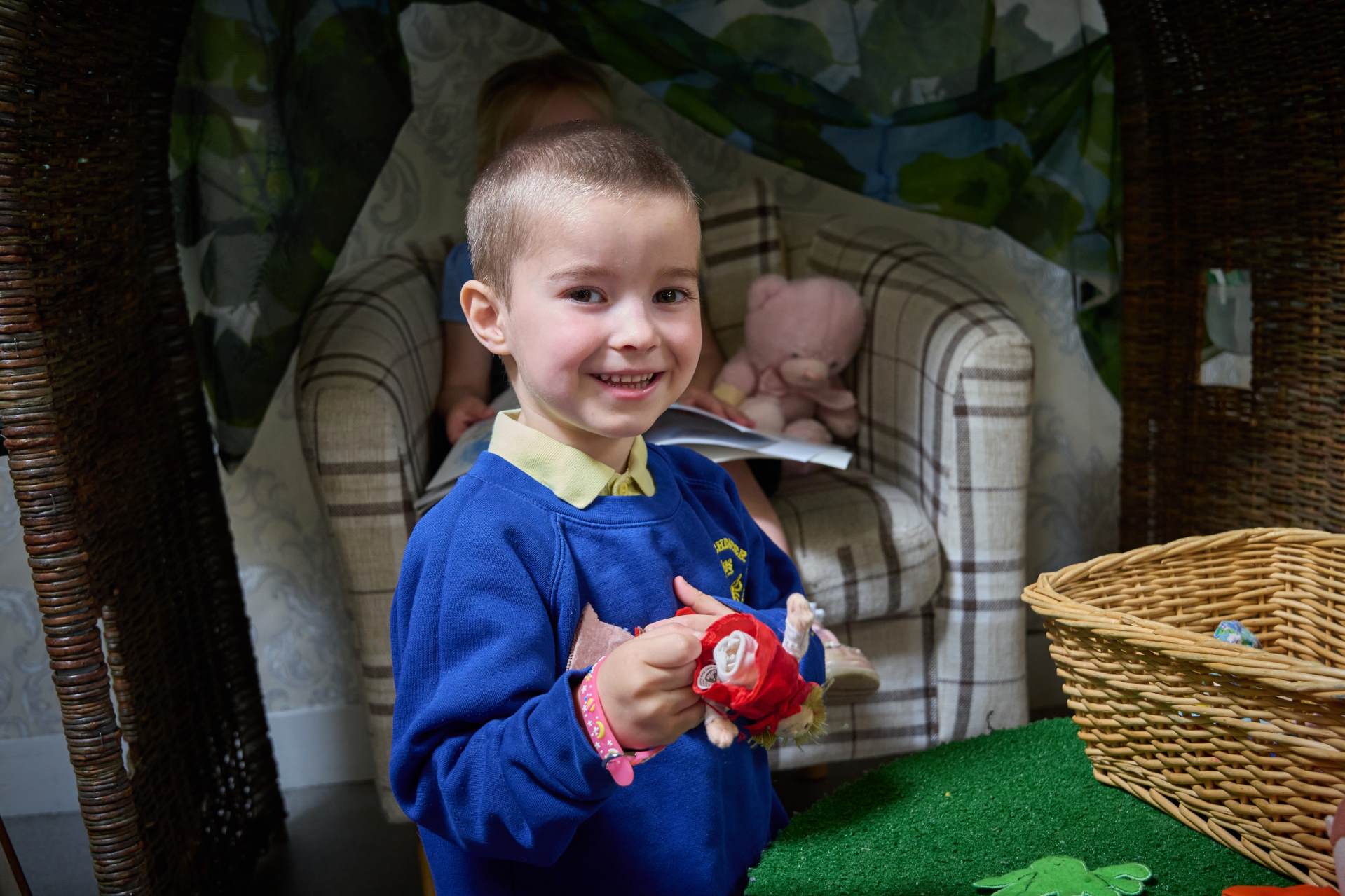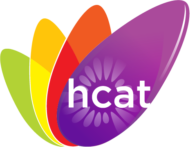Admissions

Every child has to apply for a place at school. It’s a very easy thing to do but you need to follow the application rules that are laid out.
So please read through the guidelines carefully and then you can apply for a place for your child to come to our school.
Admissions will be co-ordinated through Hull City Council. This includes applications for starting school, in year transfers and appeals.
Admission Arrangements
HCAT’s admission arrangements set out how many children the schools will admit and how they will decide which applicants will qualify for places if the number of applications is more than the number of places available. Please find the documents below:
-
HCAT Admission Arrangements 2024 - 2025
download_for_offline
download_for_offlineHCAT Admission Arrangements 2024 - 2025
- HCAT Admission Arrangements 2025 - 2026 download_for_offline
download_for_offlineHCAT Admission Arrangements 2025 - 2026
Key points
The schools that make up Hull Collaborative Academy Trust will use the following admission arrangements:
- Applications for pupils having an Education, Health and Care Plan (EHCP) will be dealt with in accordance with the Code of Practice on Special Educational Needs.
- Where a school is named in a child’s EHCP, following consultation with the Head, the school is required to admit the pupil.
- If there are less applications than places available, all applicants will be offered a place.
- Applications by parents of children who wish to defer their child’s admission until the following year will be assessed on a case-by-case basis.
- After the allocation of EHCP pupils, where the number of applications is greater than the remaining places, criteria will be applied to offer places (please see criteria on page 2 of the policy).
Appeals
An appeal form and guidance will either be included with the allocation letter or provided on request, we would refer you to the specific LA website for how this is administered. The completed form should be returned to the admissions team by the date specified on the appeal form. Appeals for normal round admissions will be heard within 40 academy days of the closing date for appeals by an independent appeal panel arranged locally and 30 days for in-year admissions.
Equality Impact Assessment
There are no identified differential impacts on individuals with protected characteristics set out in the Equalities Act 2010: age; disability; gender reassignment; marriage and civil partnership; pregnancy and maternity; race; religion and belief; sex; or sexual orientation.
Further information:
- HCAT Admission Arrangements 2025 - 2026 download_for_offline
 ↑
↑


